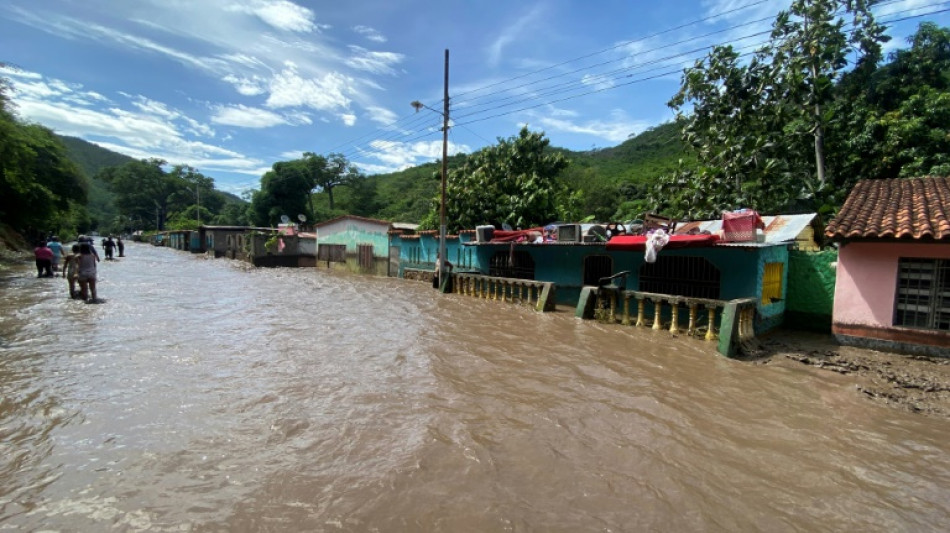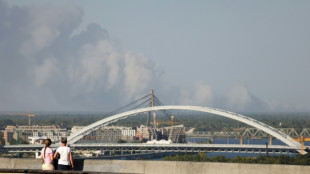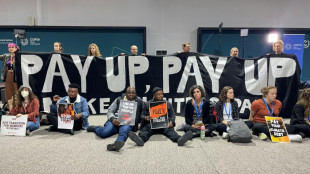

Hurricane Beryl bears down on Jamaica
Powerful Hurricane Beryl churned toward Jamaica on Wednesday with dangerous winds and sea surge, as residents hunkered down against a storm that has killed seven people and caused destruction in the Caribbean.
The hurricane -- unusually strong so early in the Atlantic season -- was expected to pass near or over Jamaica by midday as a life-threatening Category 4 storm, meteorologists said.
Beryl is the first storm since US National Hurricane Center (NHC) records began to reach the Category 4 level in June and the earliest to reach Category 5 in July.
Across Jamaica, people removed boats from the water and tied them to fences for safety and rushed to buy food, water, gasoline and other essentials.
As of Wednesday morning the storm was packing maximum sustained winds 145 mp (235 kph), said the NHC.
Prime Minister Andrew Holness declared an island-wide 6 am to 6 pm curfew.
Desmon Brown, manager of the National Stadium in Kingston, said his staff has tried to be ready.
"We’re doing the usual, removing all objects that can cause damage,” he told the Jamaica Observer newspaper.
"We’ve taped up our windows, covered our equipment -- including computers, printers and that sort of thing. Apart from that, it’s mainly concrete so there’s not much we can do," Brown said.
Rain from the outer bands of Beryl started pounding Jamaica overnight Tuesday into Wednesday.
Hurricane warnings were also issued in the Cayman Islands further west, which Beryl was expected to pass near or over on Wednesday night or early Thursday, according to the NHC.
- 'No communication' -
Beryl has already left a trail of death with at least three people killed in Grenada, where the storm made landfall Monday, as well as one in St Vincent and the Grenadines and three in Venezuela.
Grenada's Prime Minister Dickon Mitchell said the island of Carriacou, which was struck by the eye of the storm, has been all but cut off, with houses, telecommunications and fuel facilities there flattened.
"We've had virtually no communication with Carriacou in the last 12 hours except briefly this morning by satellite phone," Mitchell told a news conference.
The 13.5-square mile (35-square kilometer) island is home to around 9,000 people. At least two people there died, Mitchell said, with a third killed on the country's main island of Grenada when a tree fell on a house.
In St. Vincent and the Grenadines, one person on the island of Bequia was reported dead from the storm, and a man died in Venezuela's northeastern coastal state of Sucre when he was swept away by a flooded river, officials there said.
- 'Alarming precedent' -
It is extremely rare for such a powerful storm to form this early in the Atlantic hurricane season, which runs from early June to late November.
Warm ocean temperatures are key for hurricanes, and North Atlantic waters are currently between two and five degrees Fahrenheit (1-3 degrees Celsius) warmer than normal, according to the US National Oceanic and Atmospheric Administration (NOAA).
- Climate crisis 'chief culprit' -
UN climate chief Simon Stiell, who has family on the island of Carriacou, said climate change was "pushing disasters to record-breaking new levels of destruction."
A.White--MC-UK




